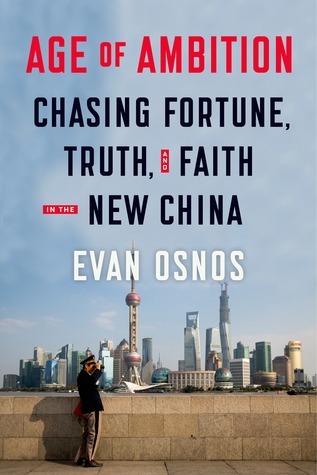Chinese leaders were facing a choice: to continue growing, they could adopt a more democratic form of government, as South Korea did in the 1980s, or they could recommit themselves to authoritarianism. Historically, the latter approach was risky. Over the long term, authoritarian states do not grow as reliably as democracies; they are fragile, and they tend to thrive only in the hands of visionary individual leaders. “For every Lee Kuan Yew, of Singapore, there are many like Mobutu Sese Seko, of the Congo,” according to the Harvard economist Dani Rodrik. In the short term, the Party could
...more
Welcome back. Just a moment while we sign you in to your Goodreads account.


